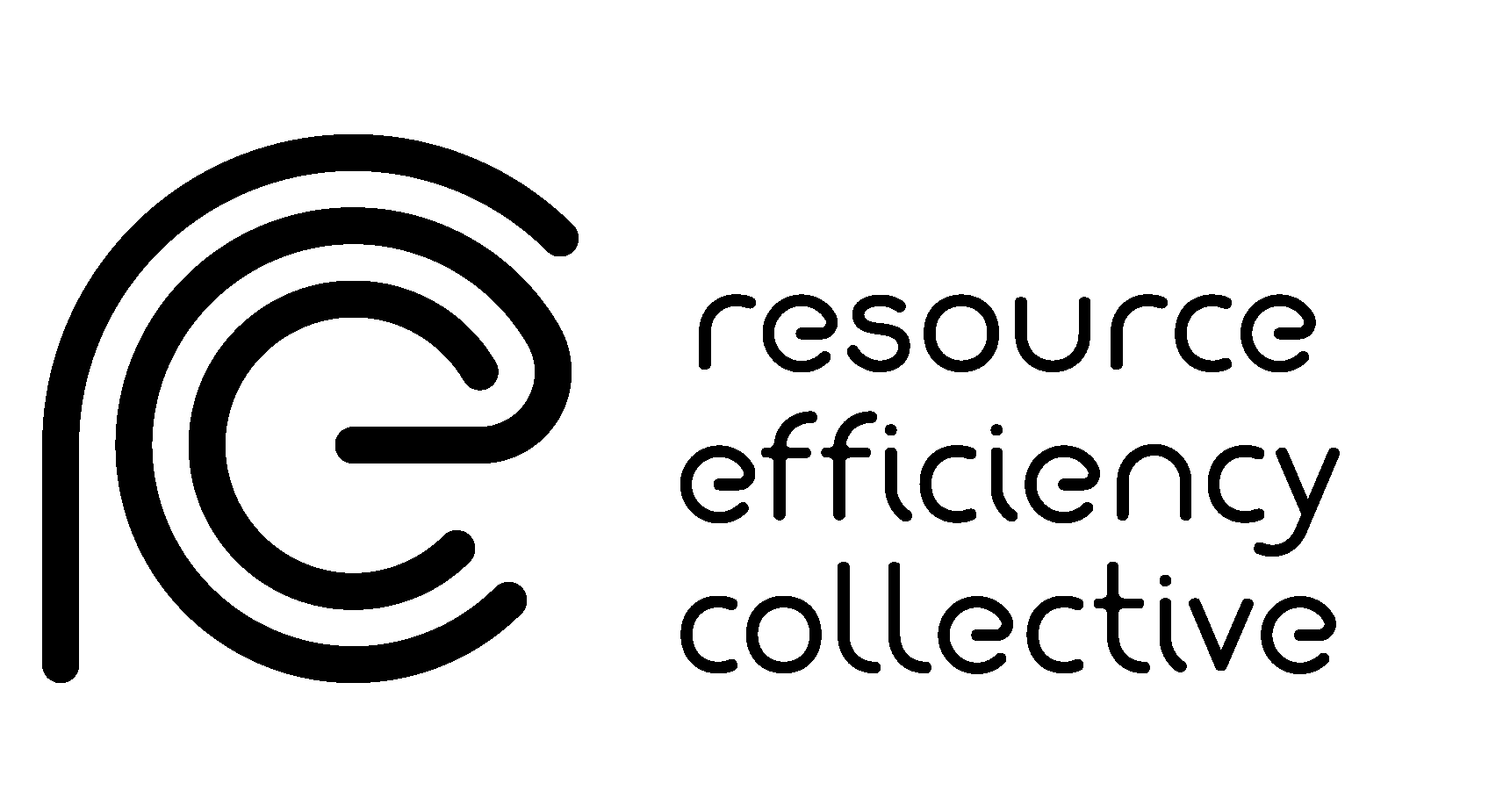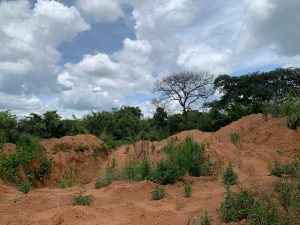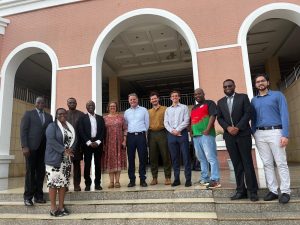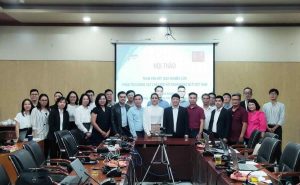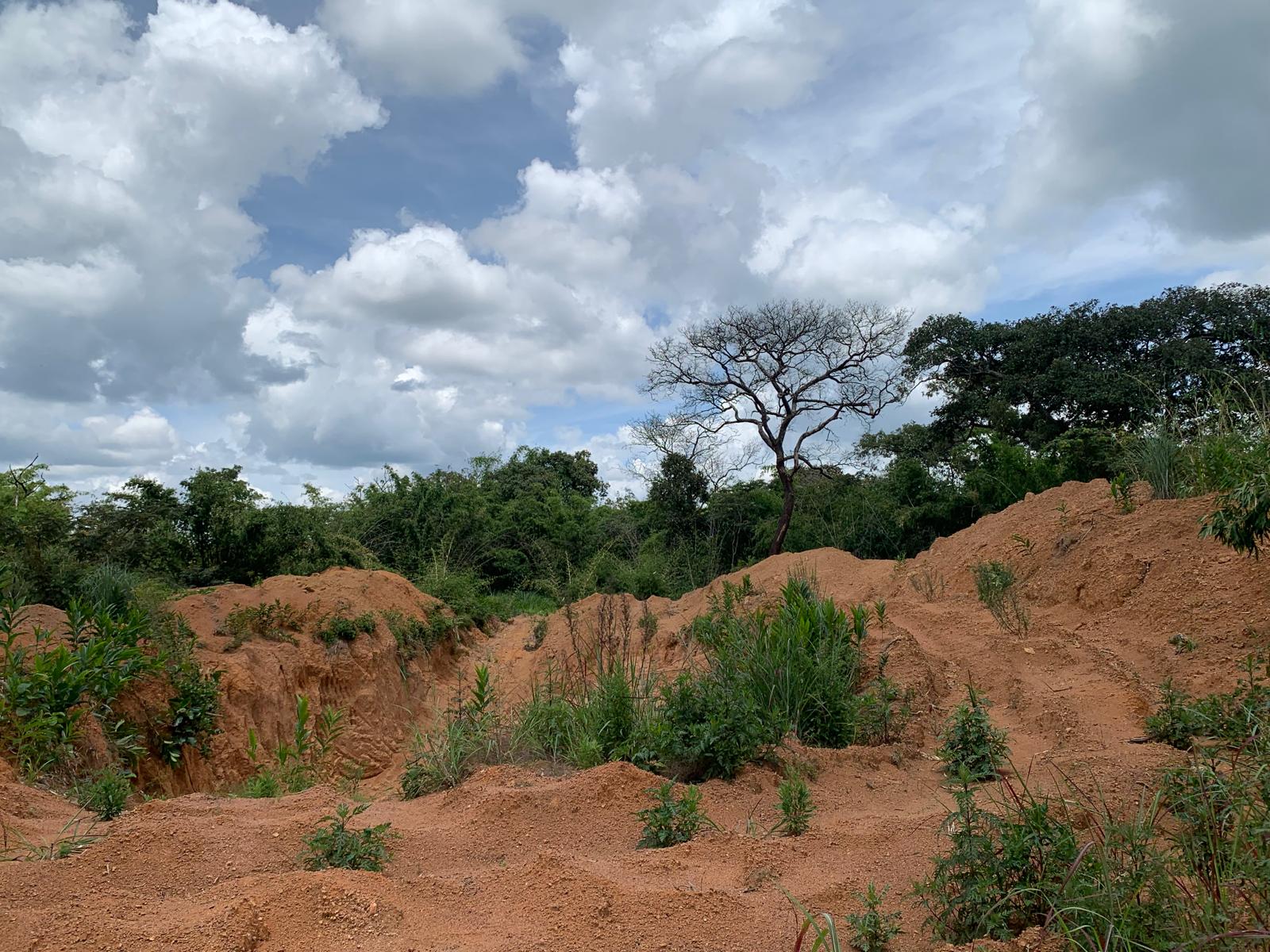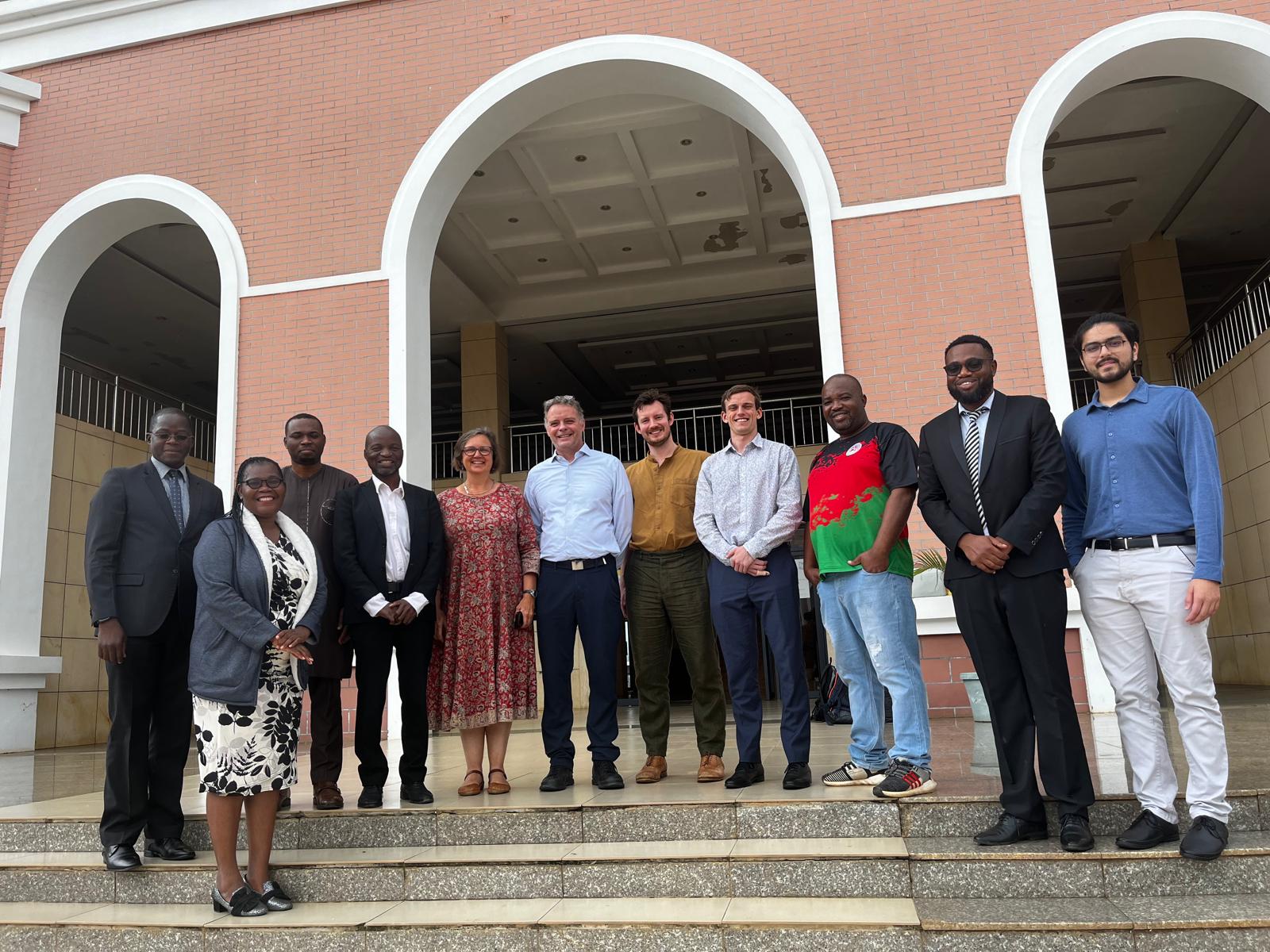Reflections on the Paris Workshop on Transport Demand Modelling
In March 2023 Ella and Karla organised a 2-day transport modelling workshop with Climate Compatible Growth in Paris. Here we share some of the key insights on the workshop.
The Paris workshop brought together specialists in the field of transport from across academia and industry to discuss the modelling of transport demand. Data issues, model assumptions, modelling transport in LMICs, and material demand were all key themes of the workshop.
There were seven sessions, and we’ve compiled a very short summary of each one.
Session 1: Introduction to transport demand modelling: issues, aims, and research gaps
This first session, led by Paul Kishimoto from the IIASA and CCG’s James Dixon and Naomi Tan, introduced the field of transport demand modelling and highlighted the key issues and gaps.
Some of the biggest challenges identified were a lack of the exact data needed for models, a lack of transparency and integration between and across different models, and a vast gap in the data available for developed and developing countries.
The CCG team introduced their Transport Starter Data kits, which will soon be available for many LMICs.
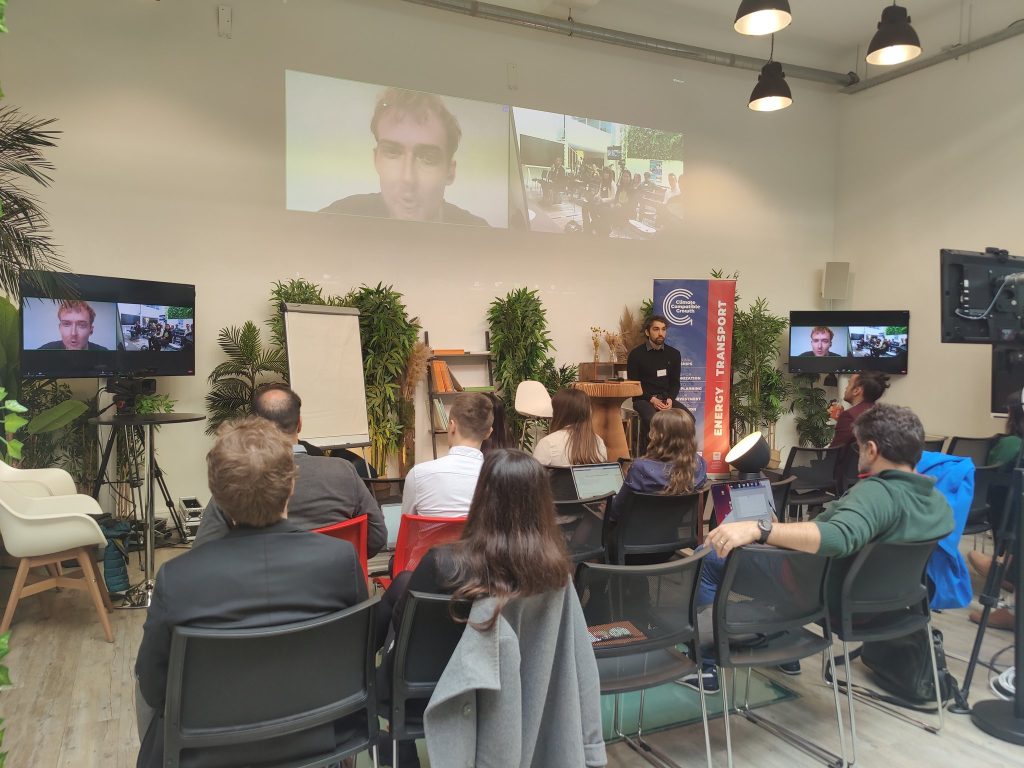
Session 2: Model spotlights
This session shone a spotlight on four transport demand models:
- The IEA’s Global Energy and Climate Model,
- The International Transport Forum’s Policy Ambition and Sustainable Transport Assessment (PASTA) model – candidate 1 for the best model acronym!
- The IEA’s Mobility model
- The UNECE’s Forfits model.
In general, transport demand is modelled by taking account of relationships between social factors (like population), economic factors (like GDP), and financial factors (like the cost of different transport modes).
Session 3: A discussion of data led by the Transport Data Commons Initiative
Session 3 of the Paris Workshop was led by the Transport Data Commons Initiative (TDCI). The TDCI’s vision is to develop a common data platform where all participating organisations can both contribute and extract data on transport and emissions for their modelling. A little bit like a Wikipedia for transport data, the platform would create a shared value that no one of the participating organisations could achieve on their own.
The TDCI led a discussion to help participants explore how the commons could be most useful for them in their work.
Session 4: Modelling Demand in Different sectors of Transport Systems: How do they vary Geographically?
This session included four presentations about modelling different transport sectors in varying geographical and economic locations.
Elizabeth Connoly, IEA: Shipping and aviation. Elizabeth explained how the IEA models shipping and gave an overview of projected future trends. As fossil fuel use hopefully declines in the future, much less shipping will be required to transport them across the globe, resulting in even less need for fossil fuels to power their own transport. Currently, the industry is betting everything on low-carbon fuels, but not questioning the structure of supply chains. Elizabeth explained that the aviation industry is also placing much of its hope in alternative fuels, as well as reduced demand, in its net zero scenarios.
Alice Favre, International Union of Railways: Rail. Data on rail travel is collected three times per year at the country level, but some countries outsource their data collection, making it harder to get consistent, standardised methods and datasets. Demand for rail travel is set to increase globally, but high up-front capital investment makes it harder for LMICs to build out the necessary infrastructure.
Yann Briand, Institute for Sustainable Development and International Relations: Freight. Freight transportation is often overlooked compared to passenger transportation. Therefore, many avenues for research remain under-explored. For example, we lack adequate descriptions of the barriers and enablers of public and private decisions, and freight transport demand is rarely considered from a value-chain perspective. There is also a lack of detailed socio-economic data that would be extremely valuable to supplement the work and knowledge of energy researchers.
Andrea Papu Corrone, International Transport Forum: Passenger Transport. Currently, the global North racks up more passenger-km than the Global South, but in the future, passenger-km is projected to grow most in urban areas within LMICs. More data is required to improve modelling of LMIC passenger demand to capture unique trends such as the booming second-hand market and the rising demand for 2-wheelers, which are difficult to model.
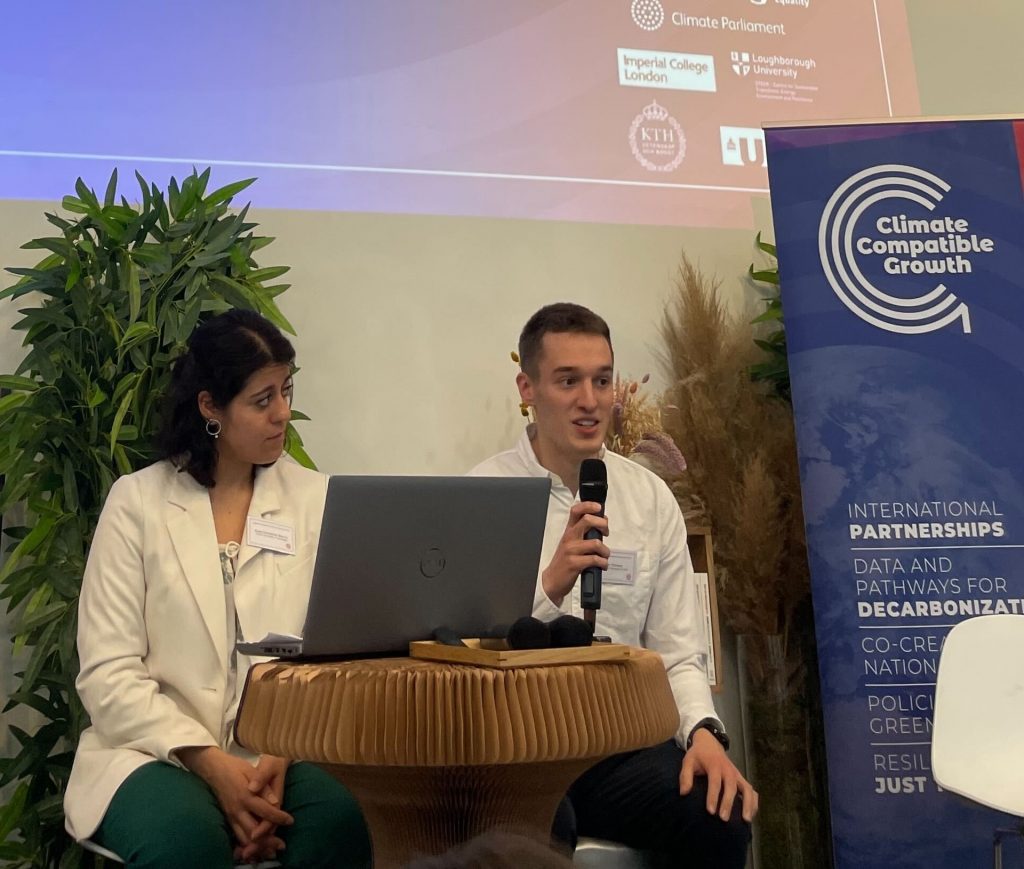
Session 5: Materials in Transport Demand Modelling
This session focused on the projected surge in demand for critical materials and minerals to meet the growing demand for electric vehicles. The IEA’s Global Energy and Climate Model includes a wide range of scenarios which are used to explore potential issues with critical material supply chains which would have a knock-on for transport. Battery supply chains have environmental impacts that are very concentrated geographically. For example, 45% of emissions related to nickel-based battery production are released in China.
Refficiency’s Karla and Fanran presented, and the session also introduced two more strong contenders for the best model acronym: the BATMAN model, which is the battery management model for Norway, and the Global MATILDA model, which presents a dynamic, multi-layered material flow analysis.
Session 6: Brainstorming assumptions for demand modelling
This session ignited discussion around the assumptions used in transport demand modelling. The participants formed three groups and rotated round 3 different stations to share their ideas on assumptions for: 1) modelling demand in LMICs, 2) materials modelling, 3) infrastructure.
Session 7: The future of transport demand modelling
This final session took the form of a round of speed dating, in which attendees were invited to share thoughts on the future of transport modelling. Here are some key outputs from these discussions:
Data: We need better-resourced data collection to produce datasets that are more reliable, open, and transparent.
Model cohesion and shareability: We need greater levels of integration and transparency in our modelling so that our models can more easily be shared, compared, and reproduced.
Assumptions and model parameters: We need to tailor our models well to specific geographical contexts (especially in LMICs) and make our assumptions explicit.
Summary
Overall, the Paris workshop was a great opportunity to bring together different organisations and models around a shared goal to share knowledge and resources. We hope that this is just the start of many fruitful collaborations in the field of transport demand modelling.
